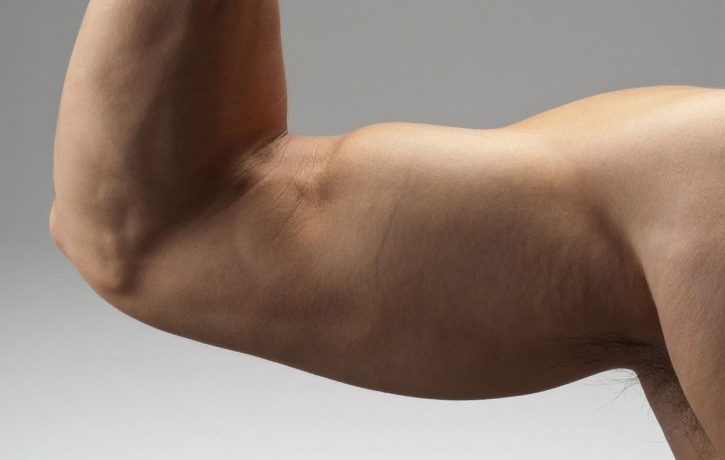Here Are 9 Reasons Why Your Muscle Twitches or Spasms

Mostly our muscles do what we tell them to. However, sometimes they might pulse or contract otherwise known as twitches and spasms. This is most common in thighs, calves, hands, arms, stomach, ribcage and the arches of your foot. Doctors are not always entirely sure why they happen, but there are a number of different triggers that can set them off.
- Eyelid twitches
The technical name is called myokymia and can happen at times of stress. However other factors that set off eyelid twitches can be smoking, wind, bright light, caffeine or lack of sleep.
Sometimes though, eyelid twitches can be a sign of an eye issue or glaucoma. They can also be a sign of brain or nerve disorders. Go to your local GP to check this out.
- Low in Electrolytes
Muscle cramps and spasms can be due to depleted levels of minerals such as potassium and magnesium. These levels can be lowered during exercise, heavy sweating, diarrhoea, vomiting and in some cases certain medications. Muscle cramps and spasms can also be due to depleted levels of minerals.
- Dehydration
- Stress
Headaches and insomnia can also cause tension and pain in muscles. Good ways to combat stress are relaxation techniques such as meditation or mindfulness.
- Caffeine
Too much caffeine can bring about dehydration, which may lead to reduced electrolytes and in turn muscles twitches, spasms or cramp.
- Lack of sleep and Exhaustion
Muscles can spasm or twitch, or maybe they will feel sore and achy if you are tired or rundown.
- Unfit
Muscles can cramp up after a workout or walk if you don’t work them enough. You are more likely to experience achy muscle and sometimes DOMS (delayed onset of muscle soreness) if you have not built up your muscles gradually to the exercise you are doing.
If you need advice on this, especially if you are new to exercise or as part of a rehabilitation program contact The Body Matters.
- Medication
Certain medications may have a side effect of making you pee more, for example diuretics. This will almost certainly affect your potassium levels in your body possibly causing you to experience muscle cramps. Other medication, like some antidepressants, can cause muscle twitches.
Serotonin Syndrome: This condition can cause muscle twitching when you change medication, or the level of medication that you are on.
- Disease
Various diseases and health issues that may cause muscle spasms and twitching. The Body Matters advises that these are checked out at your local GP
- Kidney Disease
- Pinched Spinal Nerve
- Neuropathy
- Isaacs Syndrome
- Deepen Embodiment: Somatic Breathing with the Realization Process - 20th June 2025
- How Massage Transforms Muscle and Physical Health - 16th May 2025
- What is Traditional Chinese Medicine (TCM)? - 29th April 2025
